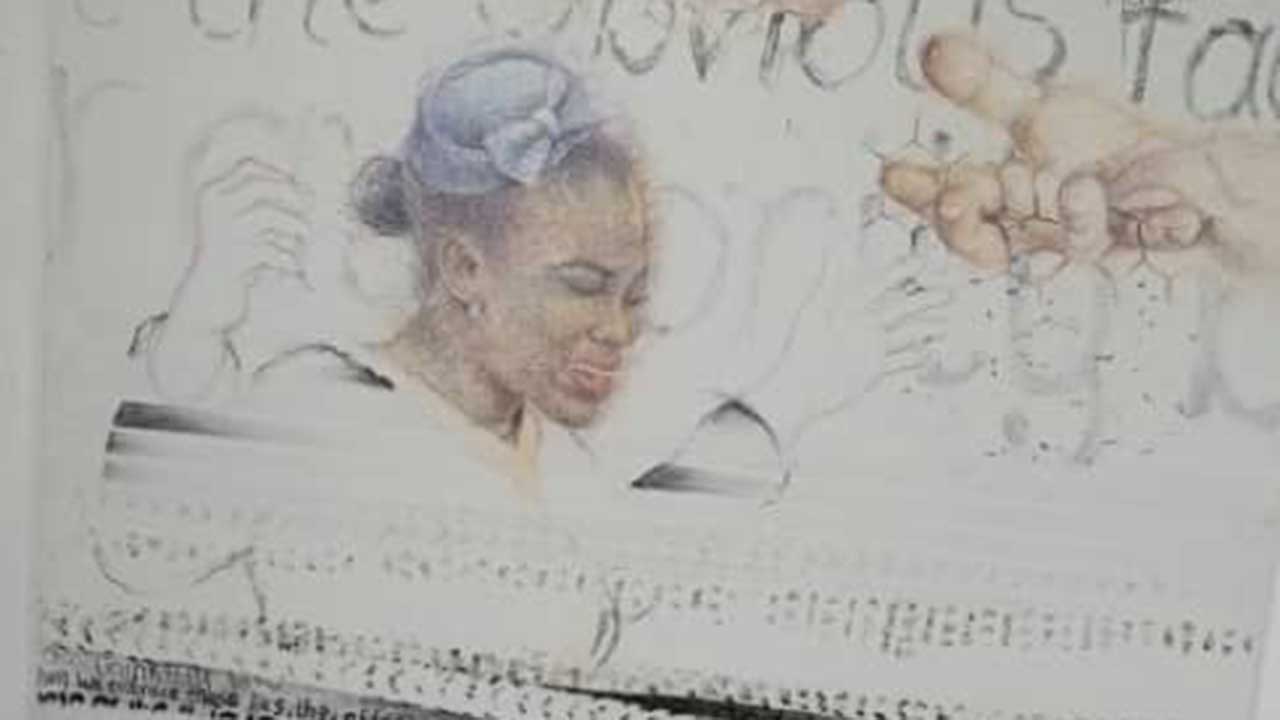Lagos represents different things to many people. Its diversity has been captured through dramas, books and films.
Emma Edosio Deelen’s film, ‘When Nigeria Happens’, showcases the city through the lens of ordinary people, providing a fresh perspective.
Drawing from her experiences, Deelen, a creative artist, uses various shades of Lagos as raw materials for her work.
According to the wife of the Netherlands’ Consul-General in Lagos, Deelen, “When Nigeria Happens,” was inspired by a conversation with a security guard in Lagos, who earns N30,000 monthly to support a family of two on the Island.
“I kept wondering, what could make a person to accept this? It is a common Nigerian story. That question sparked the idea for the film. My films are based on what I observe and experience,” she said.
Emma emphasised her love for dance as a major influence despite admitting she cannot dance.
“If you see me on Instagram, I’m always scrolling through dance videos. Dance is my main passion. There’s a growing contemporary dance movement in Nigeria that blends Afrobeat, hip-hop, ballet, and capoeira.
“It’s a fusion of styles to create something unique. I see talented young dancers emerge, only to disappear. This led me to explore the intersection between survival and pursuing dreams,” she added.
Regarding her filmmaking journey, the 2006 computer science graduate said she fell in love with the video aspect of the field after studying it for six years.
She honed her skills in music video production and eventually transitioned to filmmaking.
Her upcoming film, “When Nigeria Happens,” delves into the struggles of young people and the impact of societal systems on individuals. It aims to inspire hopes and shed light on the challenges many face.
The movie follows Fago, a talented dancer, and his friends, as they navigate the streets of Lagos while dealing with personal and family struggles. Fago’s story highlights the sacrifices made for loved ones.
Deelen carefully selected talented dancers for the film, including Qudus Onikeku, one of Africa’s biggest contemporary dancers, and introduced some seasoned actors to support the cast.
The film is set to be released to the public in July, accompanied by a master class on its creation.
On the challenges they faced while putting the film together, she said Nigeria happened to them because the fuel strike and the Nigeria Labour Congress strikes started when they were shooting. “I had a crew of 30 people. And we were moving them from the Island to everywhere. So, it was quite a bit stressful for us. Another thing is, like all filmmakers, funding is a major issue for us. We don’t have the massive budget. We have to work with budget limitations. Those were the two major problems that we encountered.
“And I think another one is, I really hope that a day will come where we can shoot on the streets of Lagos without somebody saying, hey, hey, hey, hey, hey, hey, hey, the owners of the streets. I really hope that day can come where you can step on Obalende Bridge and not have 24 boys chasing you. In fact, there was a funny story when we were on Carter Bridge. We said we were going to shoot on Sunday so that they would not be there.
“We got there Sunday at about 7:00a.m. As we were shooting, we just saw like 20 boys coming. All of us hopped on the bus. It was so funny. They were looking at us, passing us by. We were looking at ourselves crossing each other. And we ran away. Because we had such a little time to start negotiating with the tout, because that was our final day.
“And we had to get a very important shot at Abule Egba. So we just got everybody on the bus and said, let’s move.”
On her perception about Nigerian movies, she said, “there are a lot of good films that are coming out. When young people start seeing these good films, they will know that there’s another way to go, which is my story.”





